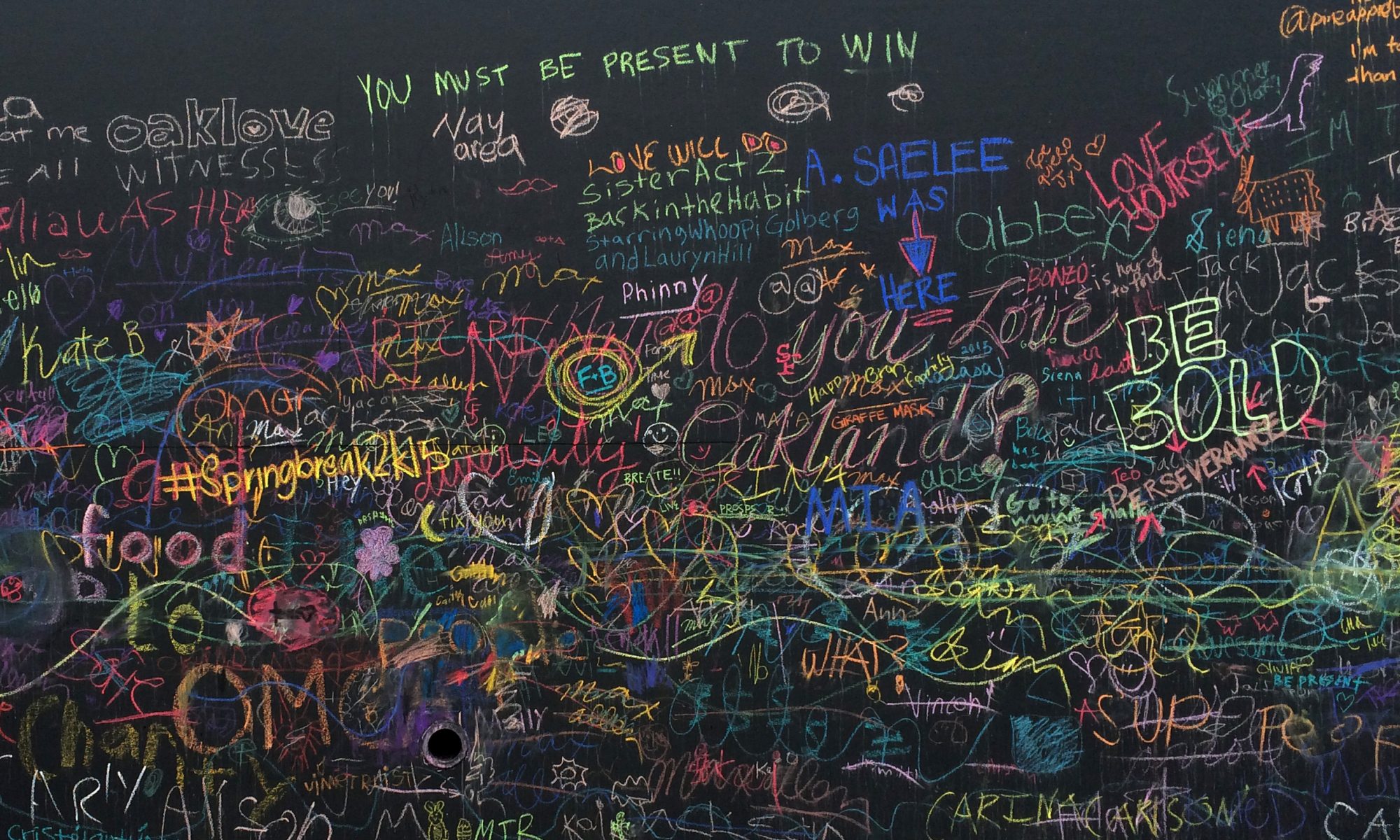When I was growing up, Tucson seemed small and conservative. Then college took me to Bible-belt Indiana and I discovered what small and conservative truly is. In hindsight, I’d have been hard pressed to pick a worse fit for me than Purdue, culturally and socially, but it was crucial for galvanizing me politically.
Arriving on this strange new planet was a shock, and my worldview didn’t survive first contact. The first thing that hit me were the gender dynamics. It turns out I had grown up in an unusually egalitarian environment. I held my own in sports with the guys. My grandmother had a PhD. My high school Calc II class had more girls than boys. Then I met so many young women who were held back, put down, and put in boxes because of their gender. This was my first galvanizing moment, realizing that being feminist wasn’t a bad thing. And that I was one.
Next I found out the Grand Wizard lived 20 miles down the road. The Grand Wizard! Truly, I was gobsmacked. I didn’t know the KKK even still existed. In History class, we were taught there was slavery (bad) followed by Jim Crow (also very bad). Then came a Civil Rights Act (good!) and they all lived happily ever after. In the way of sheltered white folks everywhere, I accepted the fairy tale at face value. Unsurprisingly, racism there was bad. Really bad. Once I started looking, it was unmissable.
It didn’t take long to dismantle much of what I had believed. And it boiled down to one thing: I learned that life wasn’t fair.
This is crucial to understanding conservative views, at least in that less incendiary time. If life is fundamentally fair, then there is no need for affirmative action. No need for regulation. No need for welfare. If life is fair, success and failure are earned. Poor people did something wrong, or didn’t do enough, and it’s on them to fix it. If someone is successful, they must have done something smart or good, and deserve to keep the spoils. This is part and parcel of the American Dream.
Obviously, the fact that I needed to learn all this shows what kind of well-off bubble I was raised in. But once I started to see systemic biases and inequality and how they shaped people’s lives — and, let’s be honest, I had barely scratched the surface — I could no longer hang with a party that insisted hard work was enough.
These were the Clinton years, giving me an easy bridge to a moderate, welfare-to-work, capitalistic Democratic Party. It took a few years to identify as a Democrat, but I was on my way. The Republican position felt too heartless.
But there are still more big revelations on the horizon for me, including the criminal justice system and the failings of the market. Continued in Part III

One Reply to “My political journey, part 2: We’re off to see the Grand Wizard”
Comments are closed.